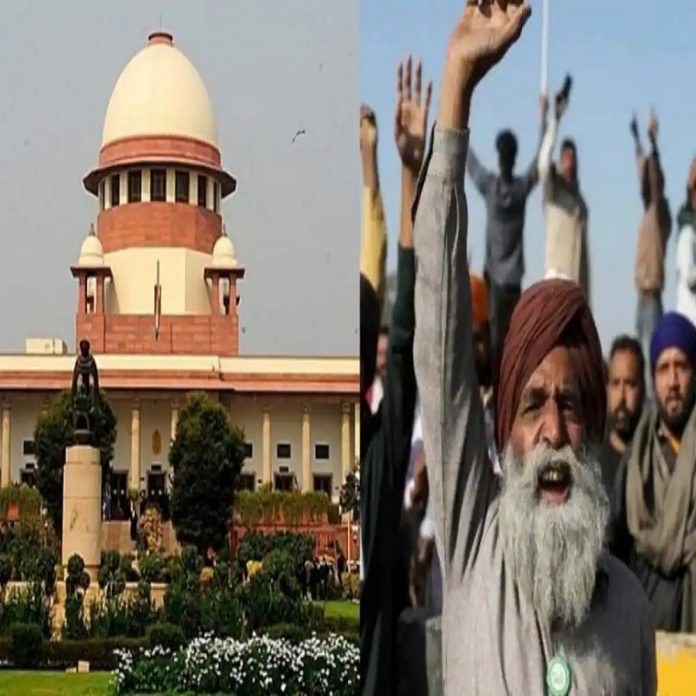Farmers’ organizations alleged that as soon as the new law is implemented, the agricultural sector will also go into the hands of capitalists or corporate houses, which will harm the farmers. According to the new bill, the government would control the supply of essential commodities only in exceptional circumstances.
Prime Minister Narendra Modi addressed the nation on Friday (November 19) at 9 am. During this, he announced the withdrawal of all three agricultural laws. Let us inform you that in protest against these three laws, farmers of many states were standing on the borders of Delhi for the last year. In this report, we are telling you that what were the three agricultural laws passed in the Lok Sabha on September 17 and why there was a dispute about them?
1. The Essential Commodities (Amendment) Act, 2020
In this law, a provision was made to remove cereals, pulses, oilseeds, edible oil, onion, and potato from the list of essential commodities. It was believed that due to the provisions of this law, farmers would get the right price, as there would be competition in the market. Let us inform you that this law of the year 1955 was amended. The main purpose of this law was to control the production, supply, and prices of essential commodities to prevent hoarding. The important thing is that from time to time many essential things have been added to the list of essential commodities. For example, during the Corona period, masks and sanitizers were kept as essential commodities.
2. Agricultural Produce Trade and Commerce (Promotion and Facilitation) Act, 2020
Under this law, farmers could sell their produce outside the APMC i.e. Agricultural Produce Marketing Committee. Under this law, it was told that such an ecosystem would be created in the country, where farmers and traders would have the freedom to sell crops outside the market. Under the provision, it was said to promote trade within the state and between two states. Also, there was a mention of reducing the expenditure on marketing and transportation. According to the new law, farmers or their buyers do not even have to pay any fees to the mandis.
Read More: The installment of PM Kisan will stop without this document, the government changed the rules
3. The Farmers (Empowerment and Protection) Agreement on Price Assurance and Agricultural Services Act, 2020
The main purpose of this law was to get the farmers a fixed price for their crops. Under this, a farmer could make an agreement with a trader even before growing the crop. In this agreement, the price of the crop, the quality of the crop, the quantity and the use of fertilizer, etc. were to be included. According to the law, the farmer would have to pay two-thirds of the amount at the time of delivery of the crop and the rest in 30 days. In this provision was also made that it would be the responsibility of the trader to lift the crop from the field. If one party broke the agreement, it would be fined. The law was believed to empower farmers to engage with the sale of agricultural products, farm services, agribusiness firms, processors, wholesalers, large retailers, and exporters.
Why was the protest is going on?
Farmers’ organizations alleged that as soon as the new law is implemented, the agriculture sector will also go into the hands of capitalists or corporate houses, which will harm the farmers. According to the new bill, the government would control the supply of essential commodities only in exceptional circumstances. Such efforts would have been made during times of famine, war, unexpected price surges, or even during severe natural calamities. It was mentioned in the new law that action would be taken on hoarding of these things and agricultural products on the basis of prices. The government will then issue an order for this When the prices of vegetables and fruits exceed 100%. Otherwise, the price of non-perishable food grains would have increased by 50 percent. The farmers said that it was not made clear in this law whether the farmers would get the minimum price outside the market or not. In such a situation, it may be possible that if there is more production of a crop, the traders will force the farmers to sell the crop at a lower price. The third reason was that the government is allowing the storage of crops, but farmers do not have enough resources to store vegetables or fruits.



